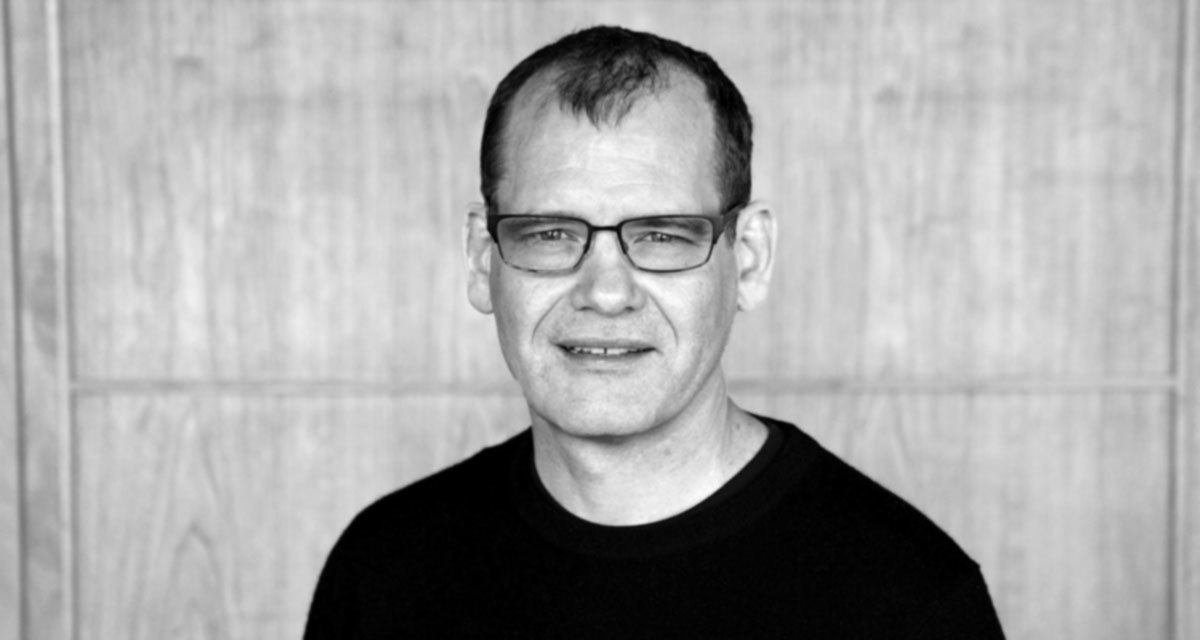A few years back, John Dunne was part of a team studying the effect of compassion on
the mind. The researchers asked a group of advanced Tibetan meditators to practice
while
 having their brains scanned and then rank the quality of their meditation on a scale
of one to 10. To the researchers’ surprise, the meditators — some of whom had logged
more than 30,000 hours of practice — all gave their own efforts low marks.
having their brains scanned and then rank the quality of their meditation on a scale
of one to 10. To the researchers’ surprise, the meditators — some of whom had logged
more than 30,000 hours of practice — all gave their own efforts low marks.
Dunne immediately recognized the problem: This group abided by a cultural norm of humility. Only an inexperienced meditator would describe himself as great.
The researchers, Dunne explained, simply needed to reword their instructions.
This wasn’t the first time Dunne, who has built his career working in the places where disciplines intersect, had served as a “cultural interpreter.” Over the years, he has become adept at helping scientists look more deeply into the effect of spiritual practices on the body.
As the new Distinguished Chair in Contemplative Humanities, Dunne focuses on Buddhist philosophy and contemplative practice, specifically where they coincide with cognitive science and psychology.
In 2000, he began working with psychologist Richard Davidson, founder of the Center for Healthy Minds, a UW-Madison institution that conducts scientific research to investigate what makes a healthy mind and ways to increase well-being. Cross-disciplinary collaborations between experts in the arts and humanities, physical and natural sciences, and social sciences lead to groundbreaking explorations of the science of emotions, as well as kindness, resilience, compassion, and more.
While Dunne is interested in some major questions – What is the nature of consciousness? What is the nature of the mind? – he also appreciates being part of a team that conducts research to ultimately benefit people throughout the world.
“Part of what drives me is an interest in practical benefits,” he says.
And collaboration is key in both pursuits. “It’s the future of the humanities,” Dunne says. “It’s already very much a part of the sciences.”
So how, exactly, does a humanist like Dunne collaborate with scientists?
While he doesn’t physically run scans on research subjects, he can help scientists interpret data in different ways. Or he can bring additional resources – say, a Buddhist tradition or a historical document – to add context to discussions.
For instance, when predicting what happens when a person achieves mindfulness, it may be helpful to turn to Tibetan texts that describe the experience. Or look into the philosophical mechanisms involved in being aware of one’s emotions.
“Often those kinds of questions are handled by a single discipline,” he says, adding that the involvement of several disciplines offers multiple perspectives, which enriches understanding of scientific results.
Dunne says he isn’t the only humanist who will be contributing expertise and experience to cognitive research at the Center for Healthy Minds. And he couldn’t be more enthusiastic about where that could lead.
“The Center is a wonderful place to work,” he says. “The generosity of our supporters has been phenomenal. The future is very bright."
– Katie Vaughn






